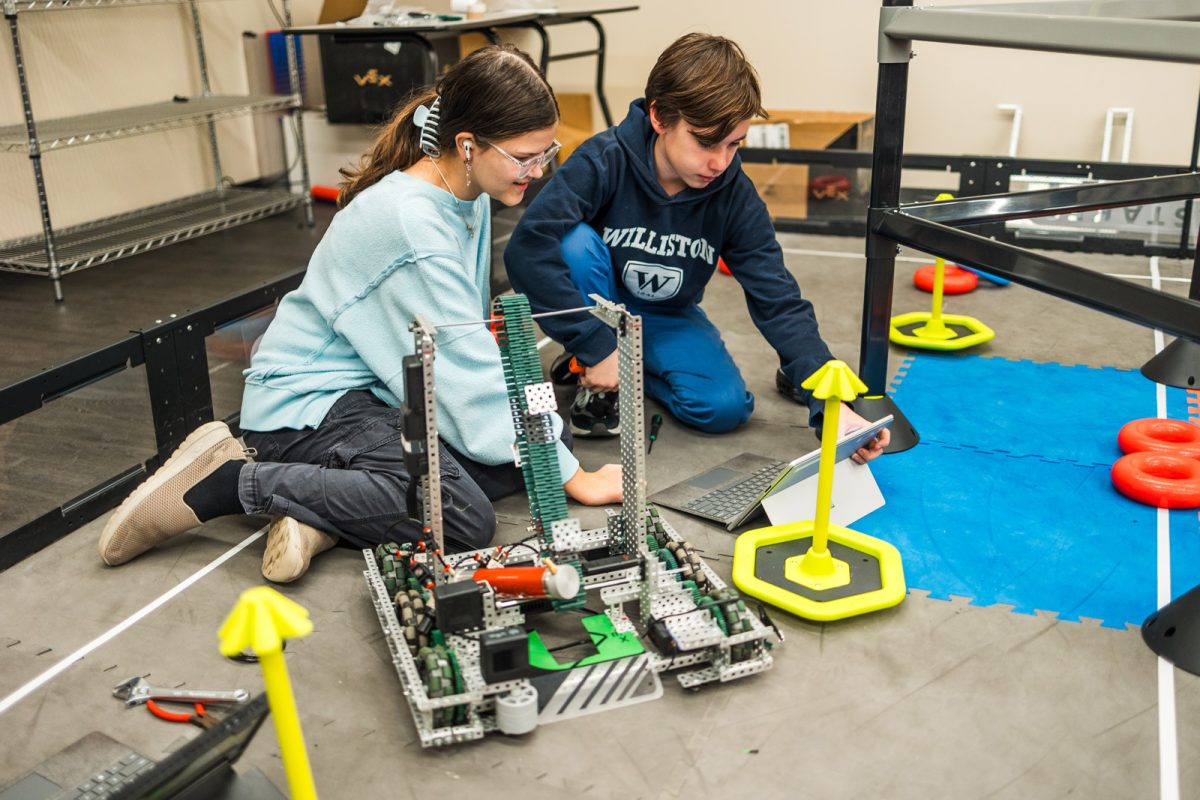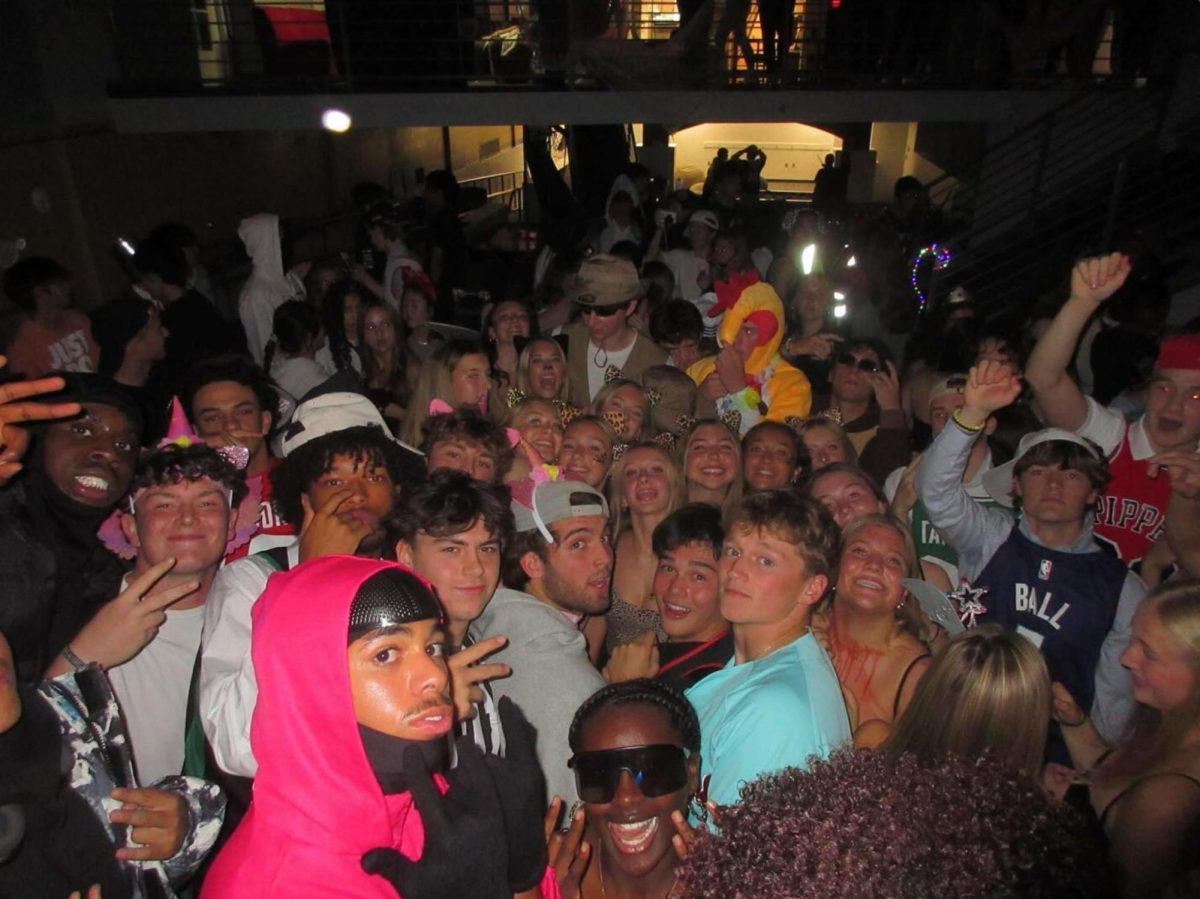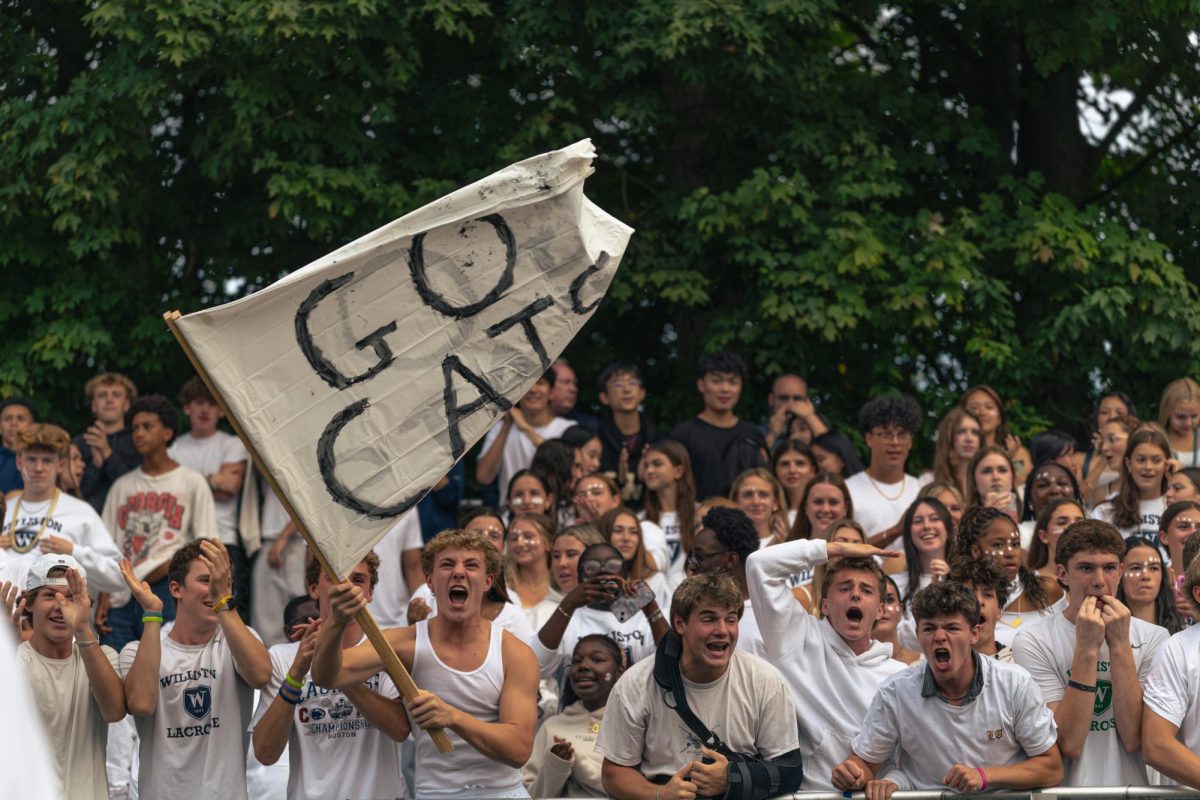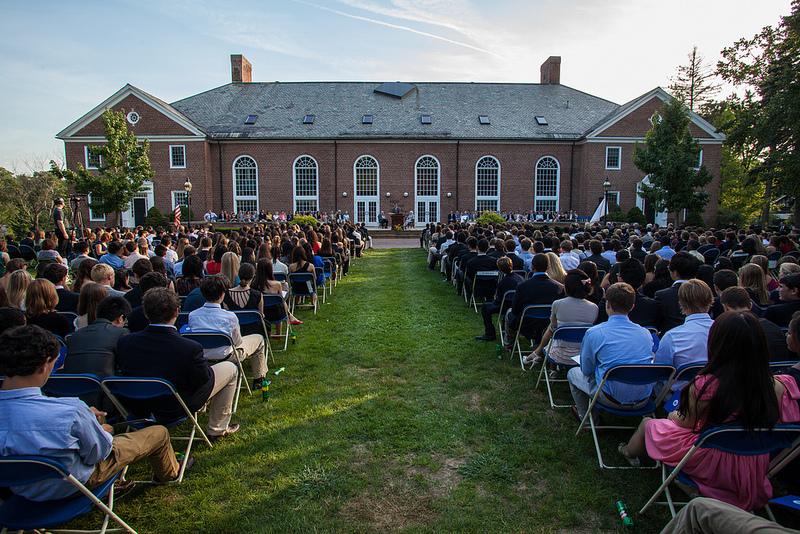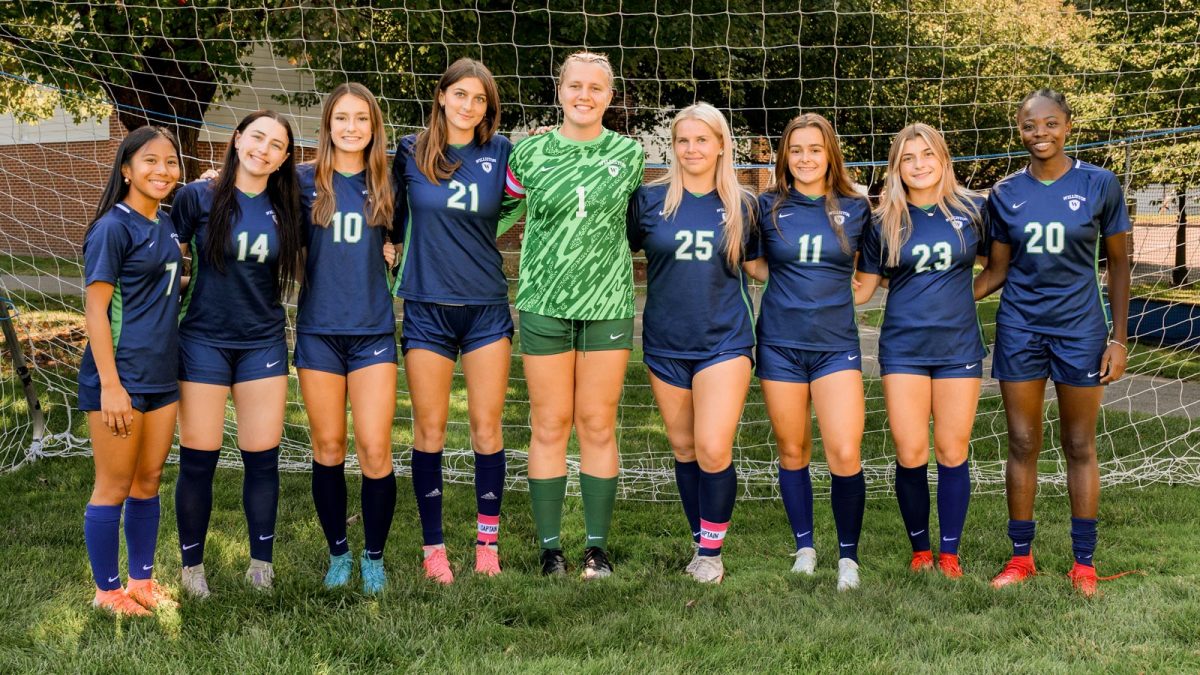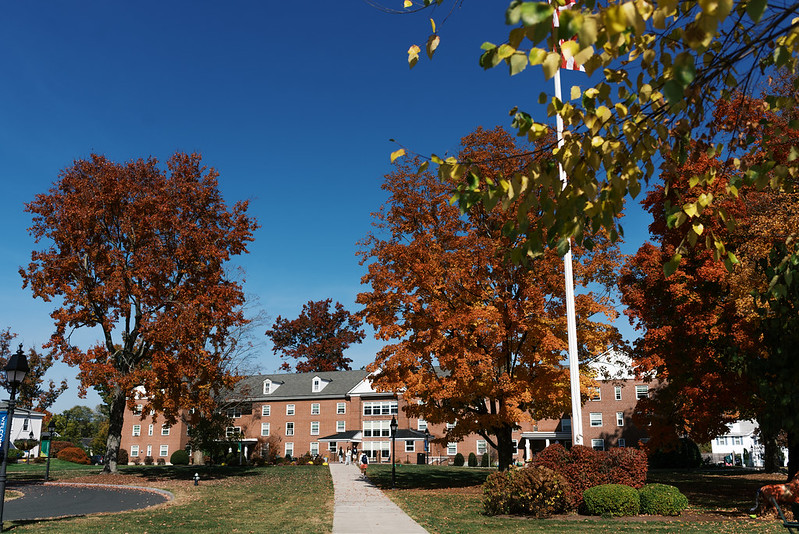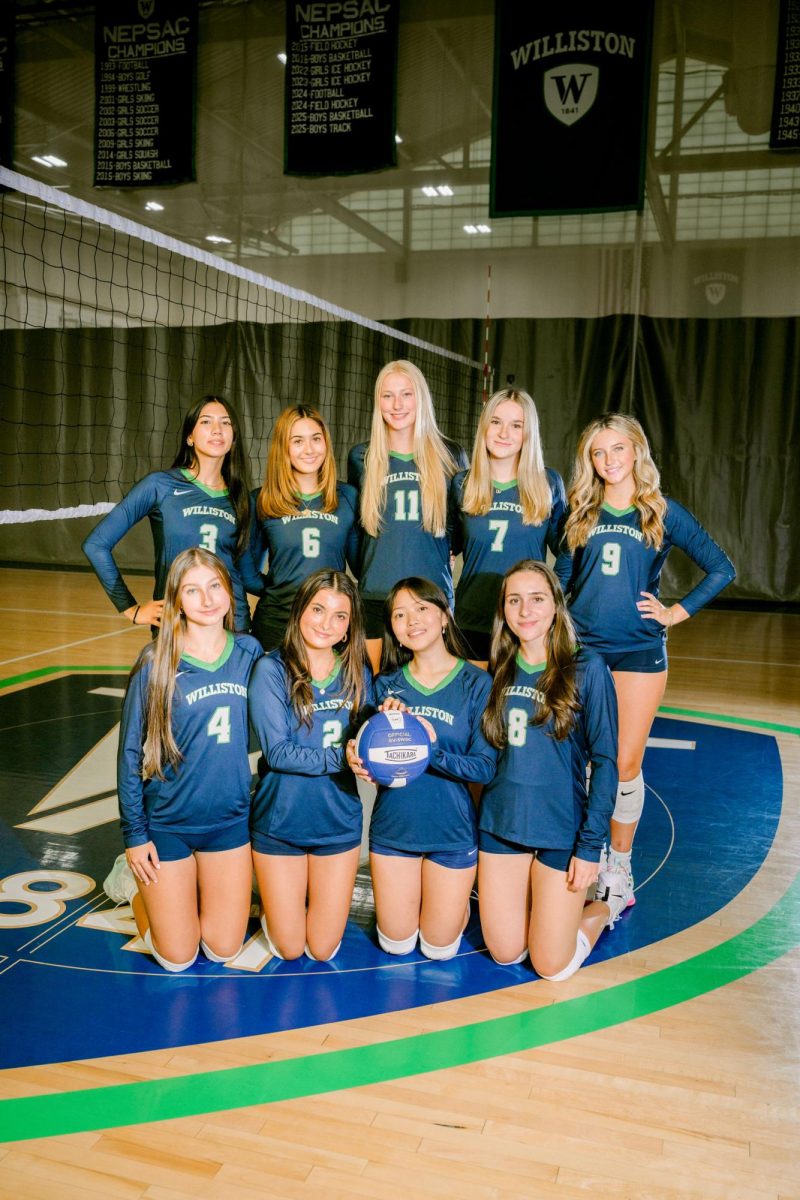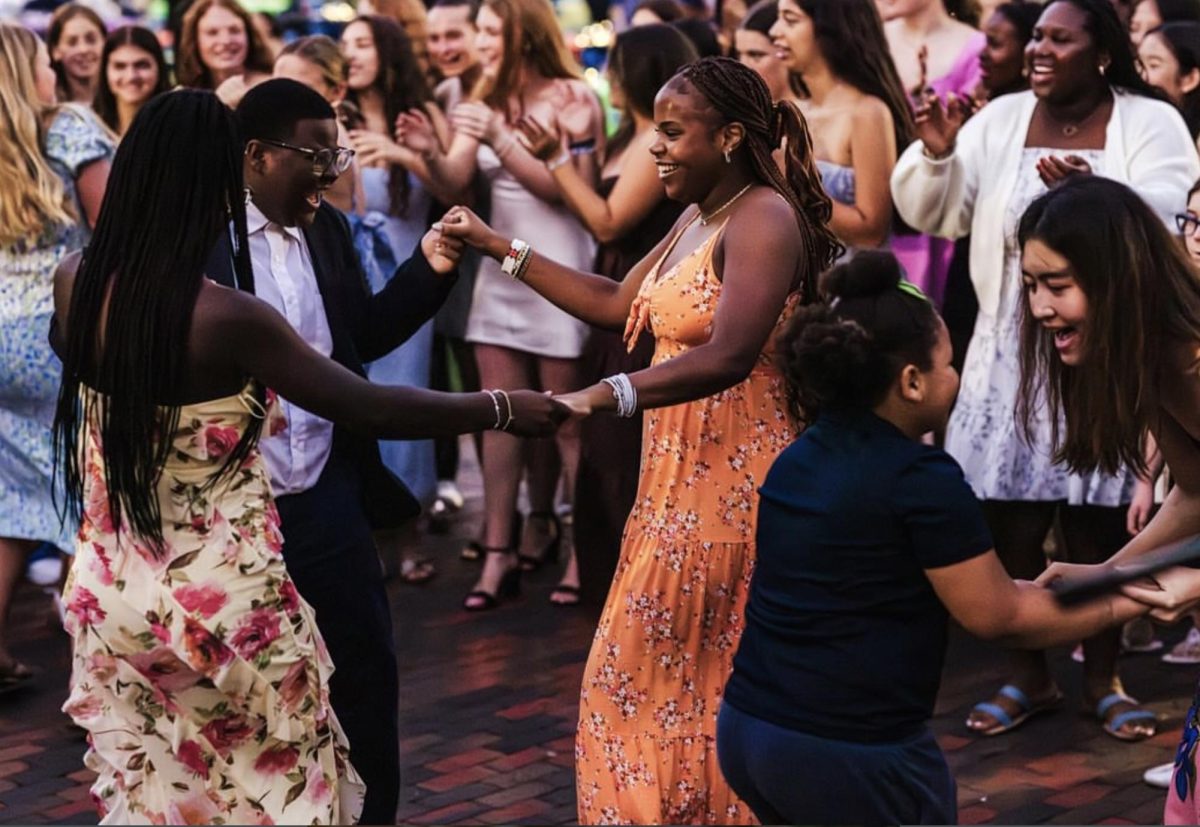High school romance—whether fleeting or lasting—has a way of turning the everyday into something unforgettable. The rush of excitement that comes with a new crush, the stolen moments squeezed into busy schedules, or the thrill of a first date all contribute to what can feel like a whirlwind of emotions.
It’s the stuff you see in TV shows—the dreamy, perfect moments where romance seems effortless and every glance is filled with meaning. But what happens when those emotions collide with the pressures of schoolwork, friendships, and life in general? Is dating a sweet addition to high school, or does it create more distractions than it’s worth?
The reality is, the dynamics of dating in a high school setting—especially a boarding school like Williston—are more complex than they first appear.
For most teenagers, dating in high school is more than just a way to pass the time; it’s an exploration of identity and connection. The ups and downs of romance allow students to learn more about themselves and others, navigating the early stages of relationships that range from innocent crushes to more serious, intense connections. However, balancing that connection with the demands of schoolwork can be tricky.
One junior boarder, who is dating someone outside of the school, shares, “It’s definitely a challenge. Since my partner is at a different school, we don’t get to see each other as often, but we do stay in touch a lot through text and calls. Sometimes, I find myself distracted, especially when I should be working on a project or studying for a test.”
This sentiment captures how the emotional highs of a relationship can quickly eat into precious study time. “Those late-night conversations that seemed so important can quickly eat into precious study time,” the student adds. “Before you know it, the grades start to reflect the distraction.”
In fact, research supports the idea that romantic relationships in high school can have an impact on academic performance. According to a study by the American Psychological Association, students involved in romantic relationships often report lower grades compared to those who are not romantically involved. The study suggests that the emotional and time demands of relationships can sometimes detract from academic focus and performance.
The social aspect of dating in high school can be tricky too. Navigating relationships while trying to maintain friendships is often a balancing act. In a traditional high school setting, students may feel torn between spending time with their boyfriend or girlfriend and keeping up with their best friends. At a boarding school, where students live in such close quarters, this dynamic can be even more intense.
A sophomore boarder explains, “I think it’s way easier to maintain a relationship at a regular high school, just because there’s more space—physically and emotionally,” they said. “At a boarding school, everything is so close-knit. You see your partner all the time, and sometimes that’s a good thing, but it also can feel a little stifling. When things are good, it’s great because you can always see each other and talk whenever you want. But when there’s tension, it’s hard to get any space. You can’t just go home or disappear for a while. It’s kind of like being under a microscope, and everyone else seems to know your business.”
In boarding schools, the constant visibility of relationships makes them more intense. Another sophomore boarder reflects, “Living so close to peers means that everyone is always in each other’s business—there’s no escaping relationship drama. If two students are in a relationship, everyone knows about it, and if they break up, the fallout is usually just as public.” They add, “Relationships just seem to be more public. If there’s a breakup or even a small issue, it feels like everyone knows about it.”
This constant exposure to each other’s personal lives can heighten the stakes of the relationship, turning minor issues into public drama.
“When there’s a breakup, it’s pretty public, and everyone knows what’s happening. That can add pressure to the relationship,” the junior boarder observed.
The proximity in a boarding school can either strengthen a relationship or make it suffocating. The sophomore boarder explains, “Girls don’t just see their boyfriend during class or lunch—they see them all the time, in the dorms, during free periods, and at meals. It’s a double-edged sword: it’s easy to get closer, but it can also lead to quicker burnout. When you’re together all the time, it’s easy to get caught up in little arguments that blow up, or sometimes you just need a break.”
But even with the challenges, the tight-knit community of a boarding school can also offer support. Faculty members, housemasters, and even friends may step in to help students navigate the emotional rollercoaster of relationships.
“I’m not in a relationship, so I don’t deal with those challenges myself,” says the sophomore boarder, “but I’ve definitely seen my friends struggle. They feel torn between keeping up with school and spending time with their partner, and sometimes it causes drama in the friend group.”
For many students, the advice and support from faculty and friends can be a lifeline.
“It’s hard to strike that balance,” one student admits, “but having people to talk to, whether it’s my friends or a faculty member, definitely helps.”
At the end of the day, high school romance is all about finding that sweet spot. The excitement of a relationship can be a highlight of the high school experience, providing students with valuable lessons about communication, trust, and personal growth. But it’s also easy to get caught up in the emotional whirlwind, losing sight of school priorities, friendships, or even one’s own well-being.
As the junior boarder explained, “I think the biggest challenge is making sure I don’t get too caught up in the relationship. It’s easy to lose track of time and forget that there are other things that matter—like homework, or just hanging out with friends.” In a boarding school, where the emotional stakes are often higher and the drama more public, the challenge of balancing love and life becomes even more pronounced.





